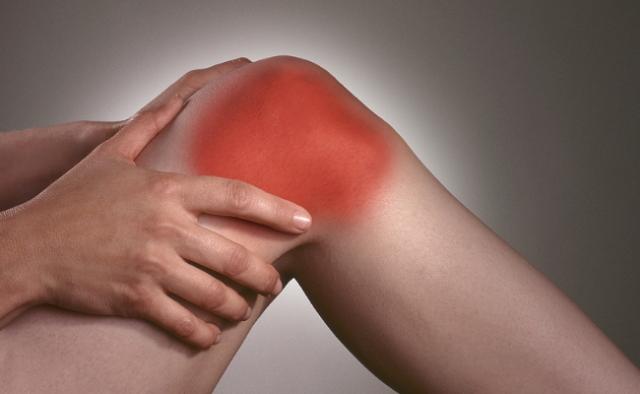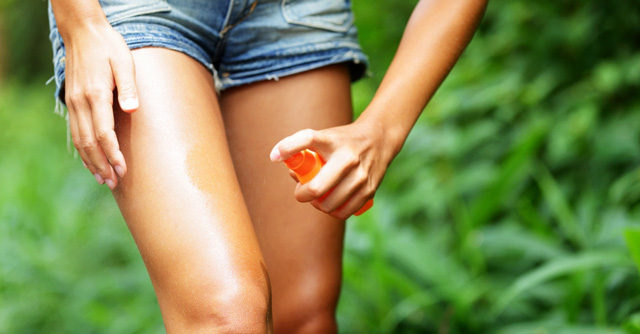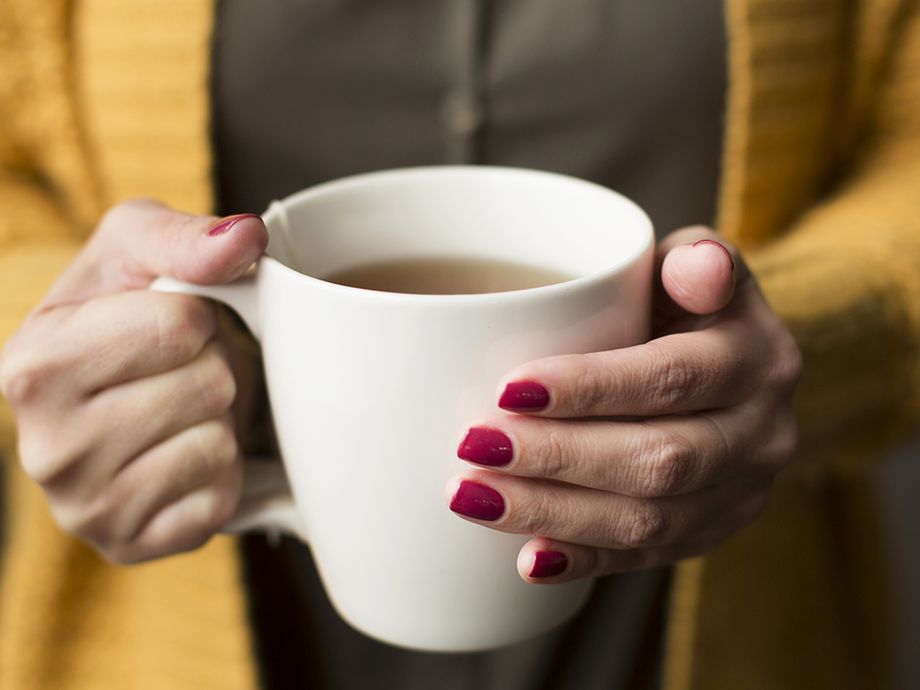The tropical tree Ylang Ylang or the Cananga tree (Cananga odorata) originates from Indonesia. It first came in the Philippines in the 19th century and locally known as Ilang-ilang. The name Ilang-ilang is derived from the Tagalog word “ilang”, meaning “wilderness”, alluding to the tree’s natural habitat. It is prized for the fragrance extracted from its flowers. In other parts of the world the tree is called the fragrant Cananga, Perfume tree, or Macassar oil plant.
The scent of Ylang Ylang can be noted as opulent and deep with slight hints of rubber and custard, and bright hints of jasmine and neroli (orange). The essential oil can be extracted via steam distillation of the flowers, the extracted oil is the graded as “extra”, “grade 1”, “grade 2”, “grade 3”, with “extra” being the highest quality among the three. They are graded according to the time the oil was obtained, with extra being extracted first and grade 3 being the last.
Ylang Ylang Essential Oil Benefits
Ylang Ylang Essential Oil offers a wide array of health benefits and is mainly used in aromatherapy. Its benefits ranges from inducing relaxing feeling to antidepressant. Below are the known benefits that can be derived from using Ylang Ylang Essential Oil:
- Induces a calming effect
- Reduces stress
- Enhances mood
- Reduces blood pressure
- Improve sexual arousal
- Moisturizing effect on dry skin/scalp
- Keeps skin looking hydrated and young
- Helps in the healing process of seborrhea or dandruff
- Helps treat stomach, intestinal, colon, and urinary tract infections
- Antibacterial
- Antifungal
- Promotes good sleep
- Can be used as insect repellent
Ylang Ylang Essential Oil Uses
Ylang Ylang essential oil is being used not only for aromatherapy but is employed in different industries like the food industry, and the perfume industry. At present, Ylang Ylang Essential Oil is incorporated in various products ranging from cosmetics to households products. Products that usually contain Ylang Ylang Essential Oil includes massage oils, creams, perfumes, and scented candles. Its rising popularity in the field of aromatherapy can attributed to the medicinal benefits that can be attained by using Ylang Ylang Essential Oil. Its benefits are as follows:
- Ylang Ylang Essential Oil as Aphrodisiac. It enhances the feeling of euphoria during sex. It also reduces sexual anxiety. Its ability as one of the natural approaches to enhance sexual function has been long recognized. This property is very useful for people who have lost their sex drive due to the everyday stress of life.
- Ylang Ylang Essential Oil as Antidepressant and Relaxant. It has been reported to treat nervousness and depression. This property is believed to be its oldest known medical use. It is found to cause a significant decrease in blood pressure and increase of skin temperature. These properties provide evidence for its usage in aromatherapy for relief of depression and stress.
- Ylang Ylang Essential Oil as Antihypertensive. Hypertension has always been one of the most common causes of death in the world, affecting approximately 1 billion people worldwide. Ylang Ylang Essential Oil is said to lower blood pressure suggesting its potential use in managing hypertension. Its ability to inhibit the sympathetic nervous system and activate the parasympathetic nervous system results in the decrease in blood pressure and heart rate.
- Ylang Ylang Essential Oil as Anti Inflammatory. Ylang Ylang Essential Oil displayed anti-inflammatory by inhibiting enzymes that regulate our body’s inflammatory response. This action is the same as the action of the commercially available Non-Steroidal Anti-Inflammatory Drugs (NSAIDS).
- Ylang Ylang Essential Oil as Antiseborrhea/Antidandruff. The leaves ofYlang Ylang are believed to relieve itchiness and dandruff by direct topical application. The moisturizing property of Ylang Ylang Essential Oil contributes to this antipruritic effect and healing process of the dry affected skin due to seborrhea.
- Ylang Ylang Essential Oil as Antibacterial and Antifungal. A simple wound or abrasion can become infected and cause complications. Specific compounds found in the bark of Ylang Ylang displayed antibacterial activities against some Gram (+) and Gram (−) bacteria. These compounds, which are also present in the oil also showed cytotoxic and antifungal activities.
- Ylang Ylang Essential Oil as Prevention of Biofilm formation. Biofilmis a slimy layer consist of bacterial cells that is protected by sugars and proteins that allows the bacteria to attach their selves into various surfaces. It is found that Ylang Ylang Essential Oil stabilized by iron oxide nanostructures showed activity against bacterial adherence and biofilms formed by Staphylococcus aureus and Klebsiella pneumonia. These bacteria are among the main causes of skin infections and pneumonia.
- Ylang Ylang Essential Oil as Antioxidant. It has been found to exhibit a DPPH (free radicals) scavenging activity. Free radicalscauses many chronic health problems such as cardiovascular, inflammatory diseases, cataract, and cancer. Antioxidants destroy these free radicals, thus preventing the development of diseases.
- Ylang Ylang Essential Oil as Insect Repellant. Mosquito bites can be really annoying and they can also carry life-threatening diseases such as malaria and dengue fever. Ylang Ylang Essential Oil has the ability to repel insets especially mosquitoes when applied to the skin.
- Ylang Ylang Essential Oil as Larvicide. Ylang Ylang Essential Oil prepared in ethyl alcohol possesses larvicidal effect and oviposition-deterrent activity as well against house flies.
- Ylang Ylang Essential Oil as Treatment for Stomach ache and Pneumonia. The flowers and bark of Ylang Ylang are used to treat stomach ache and pneumonia by the traditional healers and local communities from Northern Mariana Islands.
- Ylang Ylang Essential Oil as Treatment for other complications. Indians have also used this oil to treat headaches, gout, and eye inflammation.
Side Effects of Ylang Ylang Essential Oil
- Possible skin sensitivity
- May affect people who are pregnant, nursing, or under a doctor’s care. It’ss best to consult your physician first before using it.
- May cause irritation when came in contact with eyes, inner ears, and sensitive areas
- May cause dizziness and headache when not used as aromatherapy properly
How to use Ylang Ylang Essential Oil
There are several ways on how one can harness the benefits of Ylang Ylang oil;
- Ylang Ylang Essential Oil can be combined with bathwater for an aromatic, relaxing, and invigorating bath. It can also be mixed into a steam bath and inhaled for stress relief.
- Topical. It is often blended with other oils such as coconut oil and used as hair conditioner to help with dandruff. It is also mixed with bath salts for an exfoliating and moisturizing effect. Or it can be applied and massaged directly to the skin
- Internal. Ylang Ylang Essential Oil can be safely taken internally for antioxidant effect, just make sure you use the 100% pure and no any additives to it. The pressed flowers of the Ylang Ylang tree can be soaked to make a refreshing tea.
How to Make Ylang Ylang Essential Oil
The method of extraction of Ylang Ylang Essential Oil from the raw flowers is often through steam distillation. This involves the process of evaporation and condensation. It is employed for thermolabile or heat sensitive compounds like the Ylang Ylang oil. Unless you have the proper apparatus to do an extraction process at home, it is quite impossible to make the oil from scratch on your own. But you can always purchase it in stores.
Ylang Ylang Essential Oil Recipe
Here’s how to make a massage oil using Ylang Ylang Essential Oil;
- Mix 4 drops of Ylang Ylang Essential Oil with 4 drops each of sandalwood and neroli (orange) oil.
- Add about 2 oz. of any carrier oil; it can either be argan, coconut, almond, jojoba, or any carrier oil of your choice.
- Mix all ingredients in a container. Shake to mix well.
- Apply a few drops in the palm and massage to the desired area.
Here’s another recipe for a hair serum;
- Mix about 20 drops of Ylang Ylang Essential Oil and Lavender oil with 10 drops of rosemary oil.
- Add 1 oz. of fractioned coconut oil.
- Mix all ingredients in a spray bottle container.
- Spray onto hair after shower.
And for a relaxing aromatherapy, just add 2 drops of Ylang Ylang oil and 2 drops of Bergamot oil into an inhaler or diffuser.
Where to Buy Ylang Ylang Essential Oil
You can buy it in stores that sell aromatherapy products and organic-based cosmetics store. You can also check online shops like Ebay, Walmart, or Amazon.
More Information on Basil Ylang Ylang Essential Oil
- Always do a patch test on your skin before applying Ylang Ylang essential oil to prevent allergic reactions
- Always look for Ylang Ylang oil with grade extra before buying because they have the highest quality
- Ylang Ylang oil works best with rose oil, bergamot oil, jasmine oil, and lavender oil














